The environment and the climate have been the victims of serious problems in recent years, and Mali is no exception to this sad reality. It leads to droughts, floods and storms that compromise food security and the survival of local communities. Environmental degradation, on the other hand, is due to the misuse of natural resources and poor waste management. These problems have become increasingly serious and it is essential to find solutions.
In this article, we will look at a specific idea for dealing with these environmental issues in Mali. We will discuss steps that can be taken to promote environmental protection and look at ways to improve waste management. We will also examine the implications of the proposed solutions on food security and adaptation to climate change and natural disasters. Finally, we will discuss incentives to promote the implementation of these solutions.
Using solar as an energy alternative in Mali
Mali should consider the use of solar energy as an energy alternative to address the problems of climate change and environmental degradation.
The country’s favorable sunshine and weather conditions make it an ideal candidate for harnessing solar energy. This renewable, clean and sustainable source of energy can provide a sustainable source of energy for the country. In addition, it does not cause any greenhouse gas emissions, thus reducing the impact of climate change.
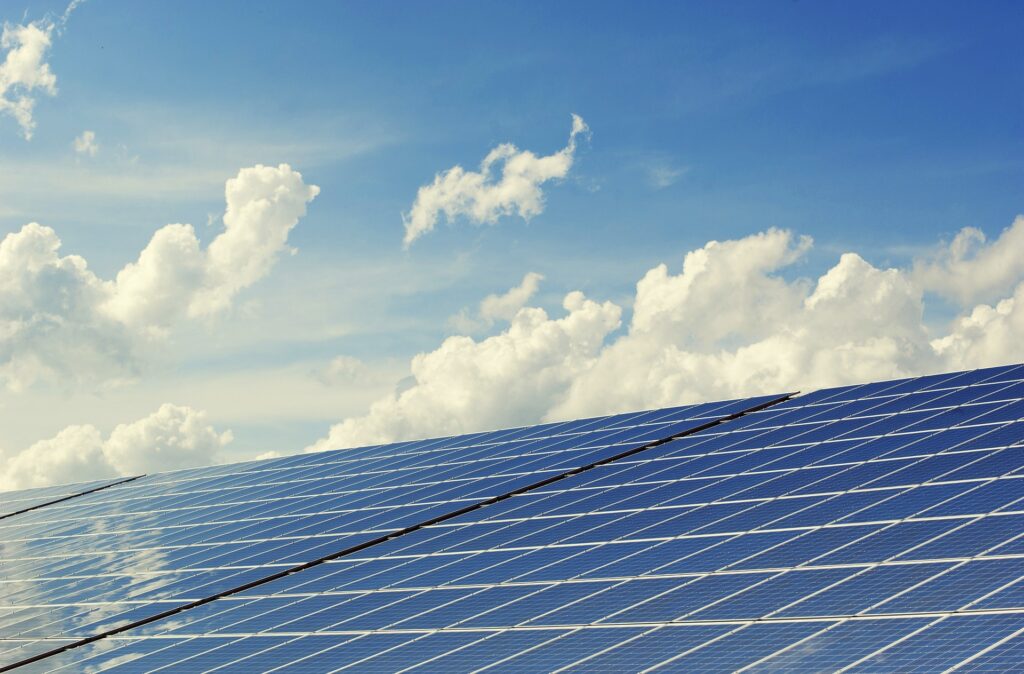
Solar energy is cheap and easy to collect in Mali. It can be used to power rural homes and businesses, as well as to run irrigation systems and water pumps. Solar technology is easy to install and maintain and can provide Malians with a secure and affordable source of energy.
READ ALSO : Mali, I have faith for a certain future, despite years of crisis
Solar provides a low-noise source of energy that can contribute to the health and well-being of Malian households. Putting in place strict measures to promote the use of solar energy is essential to address the problems associated with climate change and environmental degradation in Mali.
Promoting local products to reduce the carbon footprint
It is time to act and encourage local products to reduce the carbon footprint and contribute to the preservation of the environment in Mali.
The first step is to encourage the use of local products and refrain from using imported products, as these have a negative impact on the environment.
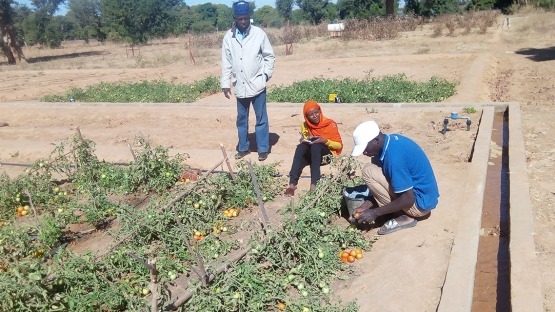
Indeed, when imported products are transported over long distances, it leads to wasted energy and CO2 emissions.
While buying and using local products, local farmers and producers are encouraged to develop environmentally friendly products and implement sustainable agricultural practices.
Local organizations, especially NGOs can play an important role in encouraging the use of local products. They can educate local populations on the importance of using local products and encourage them to adopt ecological practices.
It is important to promote fair trade and sustainable agriculture to provide local farmers and producers with the means to produce quality products that respect the environment and are adapted to local conditions.
It is also essential to encourage and support the consumption of local products so that local populations can benefit from the advantages and benefits they provide.
Supporting the agricultural sector to reduce deforestation
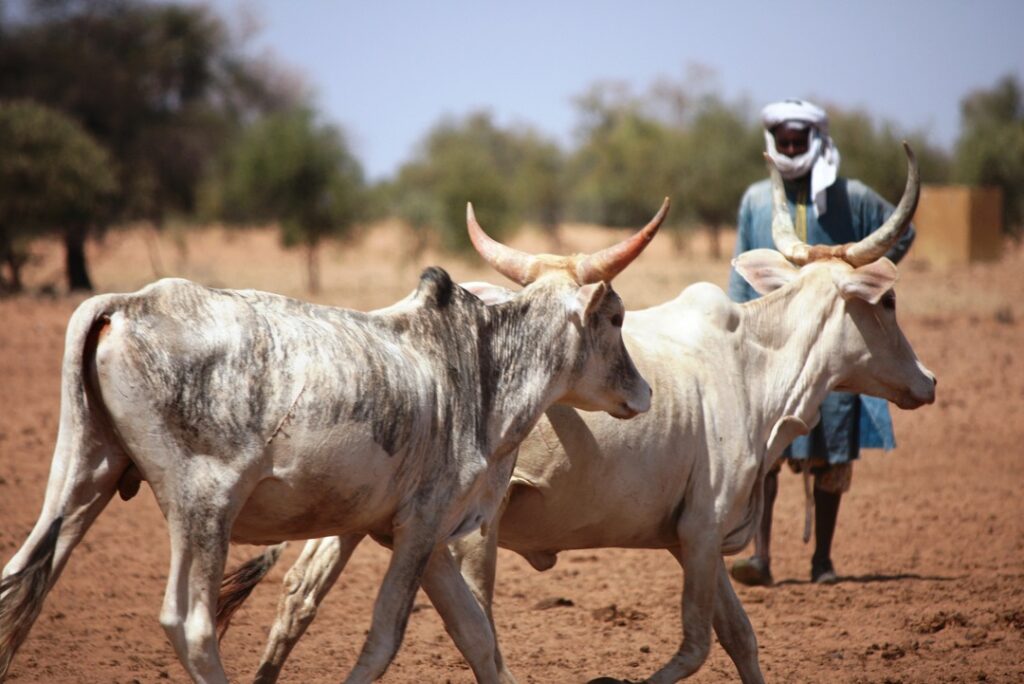
Mali is an agricultural country that relies on land use to develop. However, climate change and environmental degradation are major challenges facing the country.
To enable Malian farmers to adapt to these conditions and reduce deforestation, support from the agricultural sector is essential. To do this, Mali must step up its efforts to build land resilience, by encouraging sustainable agricultural practices and improving farmers’ access to irrigation and fertilizers.
Technological solutions such as conservation agriculture and agroforestry can also be promoted, in order to reduce pressure on land and protect it from the effects of climate change.
READ ALSO : 10 tips for gaining respect
In addition, the government must incentivize investment in the agricultural sector and encourage farmers to adopt sustainable practices that can improve agricultural production while reducing deforestation.
Implement reforestation and ecosystem restoration programs
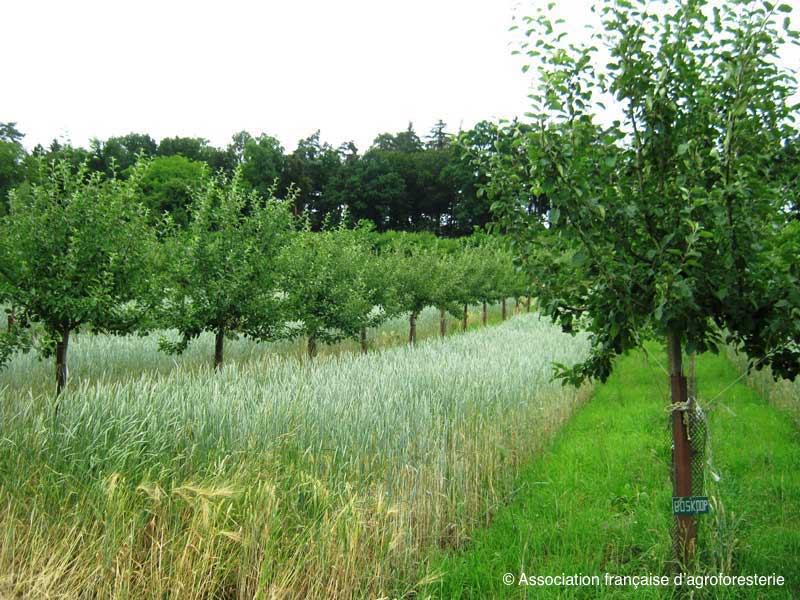
Reforestation and ecosystem restoration programs are an effective means of combating climate change and environmental degradation in Mali. An effort should be implemented on a larger scale to obtain tangible results.
Reforestation programs can be put in place to restore biodiversity, improve air and soil quality and protect groundwater as well as that of rivers and lakes.
A reforestation program can also contribute to taking into account the needs of local populations, by providing jobs and a source of income. Restoring ecosystems can help preserve the biodiversity and reduce negative impacts and deficits in ecosystem services.
Restored ecosystems can provide habitat for endangered species and help local people adapt to climate change. These programs can include activities such as combating land degradation, improving agricultural practices and rehabilitating wetlands.
In our context, the implementation of reforestation and ecosystem restoration programs could contribute to improving the situation of climate change and to the conservation of biodiversity.
Appeal to the international community
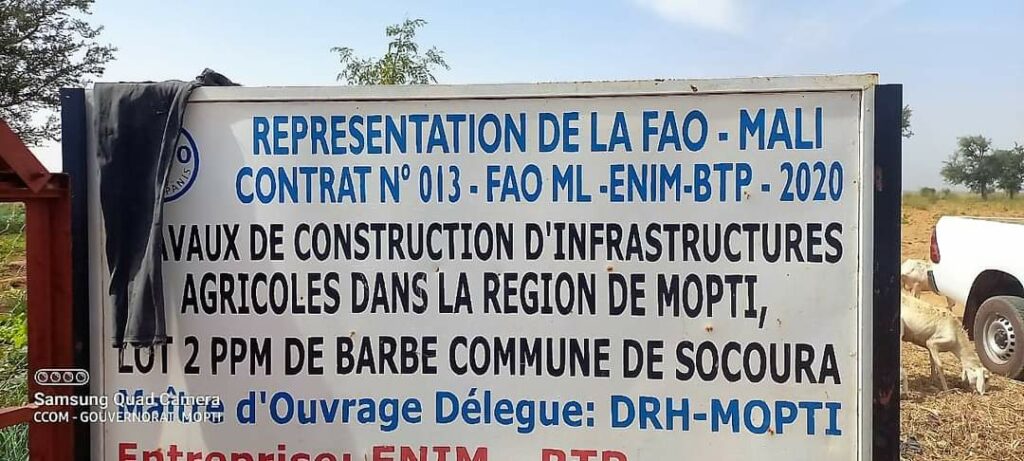
The global community is a valuable solution to solving the problems of climate change and environmental degradation in Mali. It plays a major role in the fight against these two problems. It provides developing countries with financial and technical assistance to enable them to meet these challenges.
This support can include grants to develop green infrastructure and technologies, grants to manage natural resources, grants to promote awareness, grants to improve agricultural practices, and grants to fight poverty. The international community can also play a leading role in solving the problems of climate change and environmental degradation in Mali by helping to raise awareness in order to promote good practices in sustainable development.
It can support research and green technologies, provide resources to fight poverty and inequality, provide financial and technical aid for ecosystem conservation, and act to promote stakeholder engagement.
The international community can also support the adoption of national policies and strategies to reduce the negative impacts of climate change and environmental degradation.
